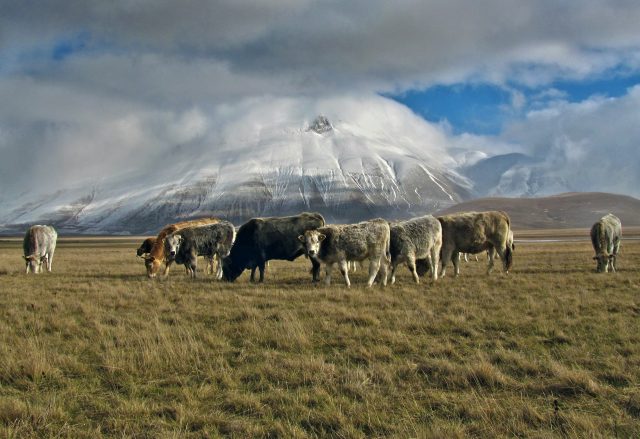
On September 13, the European Commission authorized European Union Member States to make larger advance payments of Common Agricultural Policy (CAP) funds to agricultural producers, thus helping to address the liquidity problems that many of them are currently facing.
This measure comes as a result of the massive demonstrations throughout many EU countries during the summer months to demand better conditions for those who supply food not only to EU Member States, but also to many of the EU’s main trading partners.
Specifically, this authorization means that, if the different countries make use of this authorization, European producers will be able to see their economy improve or, at least, be relieved by receiving up to 70 percent of their direct payments in advance as of October 16, compared to the current 50 percent.
Likewise, in the case of livestock, advance payments can be increased by up to 85 percent, instead of the usual 75 percent.
In this regard, the European Commission, in announcing these measures, has gone so far as to state that EU farmers continue to face liquidity problems, due, among other things, to the extreme weather events that have affected yields in recent years, as well as high interest rates in European financial markets.
And, while this statement is true, the EU, or rather the Commission, has, in these next five years, the opportunity to establish an ecosystem of economic and regulatory security for the agri-food sector.
Indeed, these issues are of an imperative necessity for the survival of the agri-food sector.
On the other hand, in addition to expediting the measures themselves, it is mandatory that other points are recognized in order to mediate in a problem of great importance for the competitiveness and strategic repositioning of the European Union.
Here, it is necessary that the Commission makes the protection of European food sovereignty a top priority, especially when the Union’s producers are considered among the best in the entire international panorama. That is, the Commission must protect, against external interference, the products that pass the tough controls imposed by the Union, as well as the certifications they need to be marketed.
In the same vein, the Commission must also consider in this new stage that European farmers and livestock breeders can compete globally.
It is, then, essential that the CAP be more agile and efficient, since, as excessive bureaucracy not only delays the implementation of new technologies and practices, but also reduces competitiveness compared to producers from other countries outside the EU, who do not have to deal with so many regulatory controls.
Therefore, what the EU needs is less “red tape” and more incentives, not only for the incorporation of new farmers and producers, but also to maintain existing ones. This in turn should translate into greater capacity for innovation and adaptation to the challenges of the global market.
Much more need to be done and money does not fix all the structural issues currently reducing European products’ competitiveness, but the economic advances provided by the Common Agricultural Policy (CAP) are indispensable for the survival of the sector.
The CAP must also serve to guarantee European food sovereignty and support producers and livestock farmers.
Specially after the findings outlined in the Draghi Report just in the beginning of the new legislative term, agricultural policy—like other strategic sectors—must focus on competitiveness, reducing the excessive bureaucracy and the procedures that harm primary sector workers.
The Commission, which is set to be renewed after Von der Leyen’s presentation of the new College, seems to be starting to lean towards this focus. Yet, there are still several steps to be taken by Commissioner for Agriculture-designate, Mr. Christophe Hansen to set the course right.



 Subscribe
Subscribe